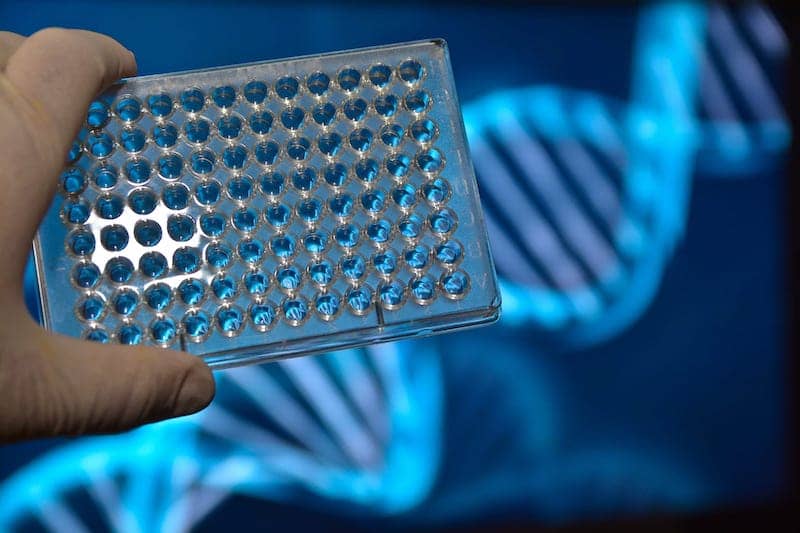Genomic Testing Cooperative, (GTC) will present new data on the use of their machine learning approaches in the diagnosis of acute graft-versus-host disease (aGVHD) and for the stratifying of patients with diffuse large B-cell lymphoma (DLBCL) based on outcome after treatment with the standard R-CHOP.
GTC will present their data at the annual American Society of Hematology (ASH) meeting along with studies on their liquid biopsy and its reliability in detecting cytogenetic abnormalities in myeloid neoplasms and in monitoring minimal residual disease after stem cell transplant.
These studies were performed in collaboration with multiple academic institutions that contributed clinical data. GTC offers molecular testing based on cooperative (Co-Op) business model, which allows the company to develop and validate tests in efficient ways—reducing the cost of testing and innovation—by working with other members of the Co-Op.
GTC shares the intellectual property rights of three of the four innovative tests with John Theurer Cancer Center and Hackensack Meridian Health, both members of the Co-Op.
“Being a part of the cooperative group at GTC has been extremely productive and enabled John Theurer Cancer Center to offer state-of-the-art precision medicine, not only for selecting therapy but for developing cutting edge approaches for monitoring patients,” says Andre Goy, MD, MS, chairman and chief physician officer at John Theurer Cancer Center, chairman of Oncology at Hackensack Meridian School of Medicine and professor of Medicine at Georgetown University.
The presented work reflects the current GTC innovation strategy in improving cancer care. GTC uses RNA data and targeted transcriptome generated by next generation sequencing (NGS) along with new machine learning approaches to predict the presence of aGVHD and for stratifying patients with DLBCL.
GTC is developing new indications in liquid biopsy testing and extensively exploring new technology to improve patient care. ASH presentations show that their liquid biopsy can reliably predict cytogenetic abnormalities in patient with hematologic neoplasms and can be used for diagnosis and management of patients with myeloid neoplasm.
Another presentation shows that liquid biopsy is reliable in monitoring patients after hematopoietic stem cell transplant.
“GTC was established as a co-op business to improve patient and democratizing genomics through efficient innovation and collaboration,” says Maher Albitar, MD, founder, chief medical officer, and chief executive officer of GTC. “Advances in genomics and machine learning are opening new opportunities in medicine to improve outcome in cancer care. Our new studies that are presented at ASH are examples of how a cooperative business model can deliver.”





